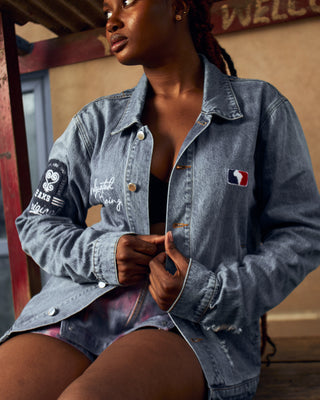The Mangbetu refers to an amalgam of linguistically and culturally-related people in northeastern Democratic Republic of Congo. They speak a language referred to as Kingbetu. Mangbetu were known for their elongated heads. The custom of skuļl elongation was known as lipombo and it was seen as a status symbol among the ruling class. When archeologists came to Africa and found elongated skulls, they run with it that it was the skulls of the “ALIENS” who built those sophisticated and advanced civilizations that were scattered all over Africa.
The elongated skull has been a part and parcel of the traditions of some African tribes, especially the Mangbetu people of the Congo. The Mangbetu are celebrated for their exquisite art and music, with the renowned Mangbetu harp/guitar symbolizing their cultural heritage. These prized instruments have fetched over $100,000, while musicologists strive to document their captivating melodies. The Mangbetu captivated European colonists with their distinctively elongated heads, achieved through the traditional practice known as Lipombo.
By tightly wrapping infants' heads with cloth, they created a remarkable appearance that became synonymous with their culture. However, with the influx of Europeans and the spread of Westernization, this practice gradually declined from the 1950s onwards. Nonetheless, the unmistakable Mangbetu figures in African art continue to serve as enduring testaments to their unique aesthetic heritage


